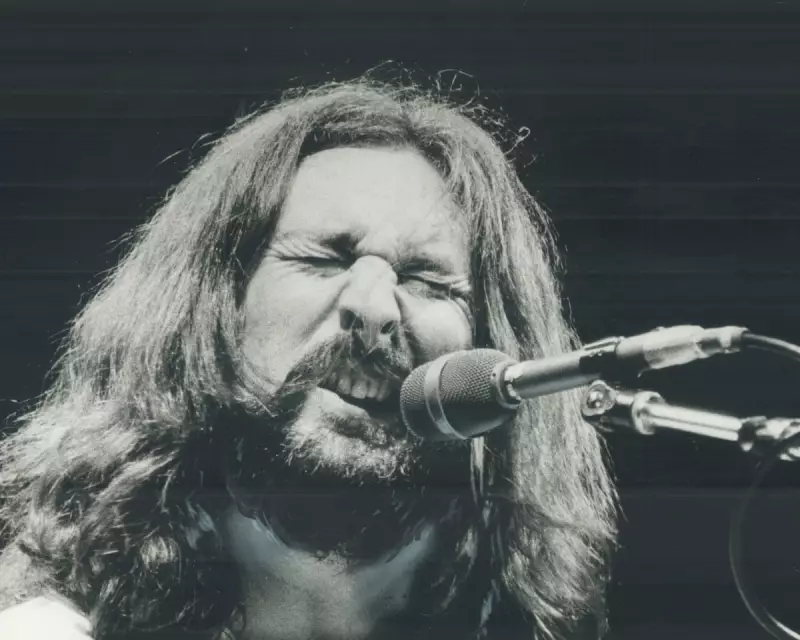
The world of progressive rock has lost one of its most distinctive voices with the passing of Richard Davies, known universally as Rick Davies, the legendary keyboardist, singer, and co-founder of the multimillion-selling band Supertramp. He was 80 years old.
Davies, whose soulful vocals and masterful work on the Wurlitzer electric piano were the bedrock of Supertramp's iconic sound, died peacefully on September 11th after a protracted battle with cancer. His death marks the end of an era for the legions of fans who cherished albums like Crime of the Century and Breakfast in America.
From Humble Beginnings to Global Stardom
The story of Supertramp began in 1969, when a Dutch millionaire answered a classified ad placed by Davies in Melody Maker. This fateful connection funded the band's formation, pairing Davies's bluesy, jazz-inflected style with the songwriting of Roger Hodgson. Their creative partnership would forge some of the most memorable and sophisticated pop-rock of the 1970s.
While early albums cultivated a dedicated following, it was 1974's Crime of the Century that catapulted them to international fame. Tracks like Dreamer and School showcased Davies's gritty, resonant voice and his unparalleled ability to craft complex yet accessible musical landscapes.
Defining a Musical Era
The band's zenith arrived with 1979's Breakfast in America, a monumental commercial triumph that sold over 20 million copies. Davies's contributions, including the timeless hits The Logical Song and Goodbye Stranger, became embedded in the fabric of popular culture.
Even after Hodgson's departure in 1983, Davies steered the Supertramp ship with unwavering dedication, writing, recording, and touring for decades. He remained the custodian of the band's vast and beloved catalogue, ensuring its magic was delivered to fans across the globe on numerous sold-out tours.
A Legacy Etched in Sound
Rick Davies was more than a bandleader; he was an architect of sound. His use of the Wurlitzer electric piano created a texture so unique it became synonymous with the Supertramp name. Behind the scenes, he was known as a private, thoughtful, and determined artist, fiercely passionate about his music.
He is survived by his wife, Sue, and their son, and leaves behind a rich, enduring musical legacy. The news of his passing has prompted an outpouring of tributes from heartbroken fans and fellow musicians alike, all paying homage to the man whose dreamy, logical songs provided the soundtrack to so many lives.





